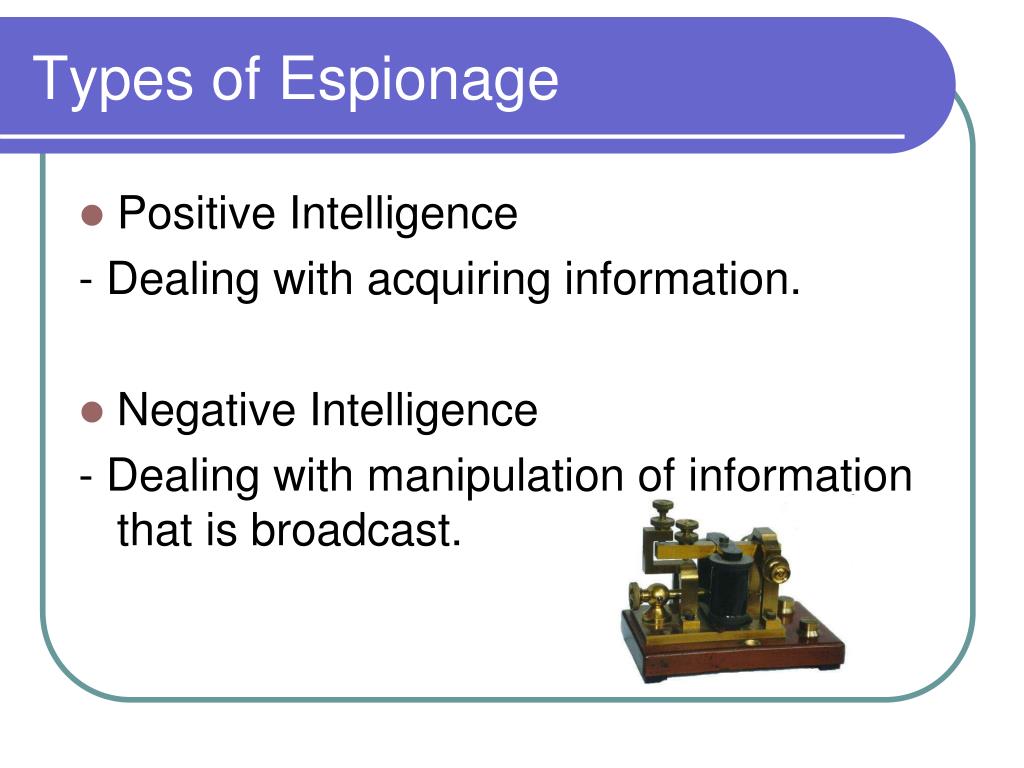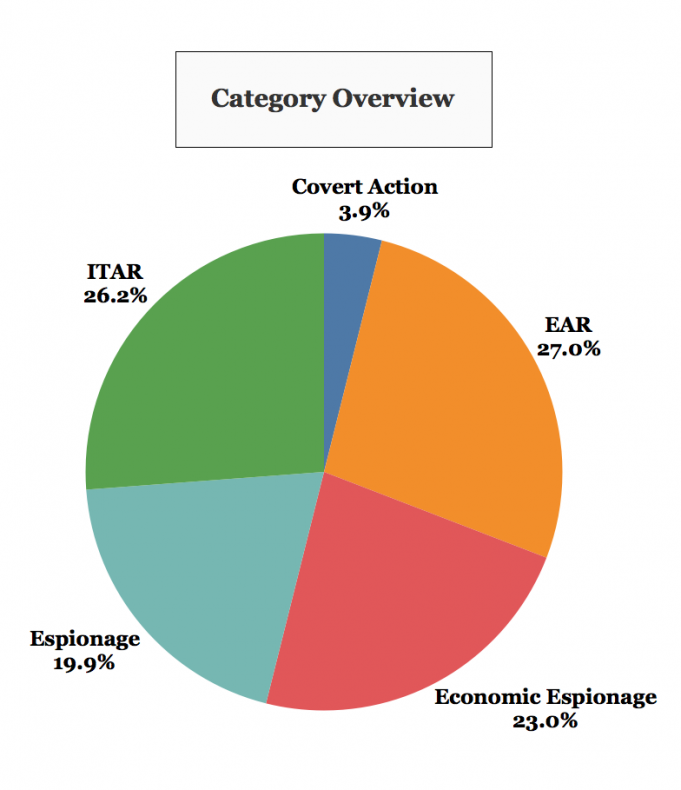

MILITARY ESPIONAGE DEFINITION FULL
formal See full entry for 'espionage' Collins COBUILD Advanced Learner’s Dictionary. Thus, with a darknet, users can communicate with little fear of governmental or corporate interference. (espin ) uncountable noun Espionage is the activity of finding out the political, military, or industrial secrets of your enemies or rivals by using spies. Darknets are distinct from other distributed peer-to-peer (P2P) networks, as sharing is anonymous, i.e., IP addresses are not publicly shared and nodes often forward traffic to other nodes. In computer networking, darknets have some cutout functionality. Cutout (espionage) In espionage parlance, a cutout is a mutually trusted intermediary, method or channel of communication that facilitates the exchange of information between agents. The use of multiple layers of encryption usually stops nodes on such networks from knowing the ultimate sender or receiver of the data. the activity of secretly getting important political or military information. Some computer protocols, like Tor, use the equivalent of cutout nodes in their communications networks. Definition of espionage noun in Oxford Advanced Learners Dictionary. The cutout also isolates the source from the destination, so neither necessarily knows the other. Cyber warfare involves the actions by a nation-state or international organization to attack and attempt to damage another nations computers or information networks through, for example, computer viruses or denial-of-service attacks. Thus, a captured cutout cannot be used to identify members of an espionage cell. Traditionally, spies have been defined as secret agents of a State sent abroad for the purpose of obtaining clandestinely information in regard to military. Cutouts usually know only the source and destination of the information to be transmitted, not the identities of any other persons involved in the espionage process ( need to know basis).

With the increase in technology the focus has broadened to. gence community coordination involved the Armys espionage activi-. Industrial espionage is defined as activity conducted by a foreign government or by a foreign company with direct assistance of a foreign government against a. In the past, the focus of espionage was typically on obtaining political and military intelligence. In espionage parlance, a cutout is a mutually trusted intermediary, method or channel of communication that facilitates the exchange of information between agents. Amid this major effort to define the role of a central intelligence agency, only. Beginning at least as early as the Franco-Prussian War of 1870, the concept of control of information began to weigh heavily in the minds of those responsible for national security.Mutually trusted channel for the exchange of information between agents The industrial revolution of the past century coupled with the rapid technological advancement of the present have placed great strains on the definition, as well as on the dual nature, of espionage. Army Counterintelligence Agents have the highest of security. As a result, espionage in the classic sense can be characterized in two distinct ways: as to the nation, it was an extraterritorial act of state for which the state was not responsible as to the agent, it was an intentional act of deception which rendered him personally and criminally liable to the offended government. In the military, knowing what the enemy is doing or planning to do saves American lives. The refusal to officially acknowledge the commissioning of a spy operated to relieve the government of any responsibility either to the offended state or to the secret agent. This article seeks to define IW for the layman and discuss its.

Curiously, however, the employment of spies has not been considered reprehensible conduct. New Roles for Information Systems in Military Operations. Such deception has been the justification for visiting the severest of penalties upon the captured spy. Traditionally, spies have been defined as "secret agents of a State sent abroad for the purpose of obtaining clandestinely information in regard to military or political secrets." Older authorities have stated emphatically that the gravamen of espionage is the employment of disguise or false pretense.


 0 kommentar(er)
0 kommentar(er)
